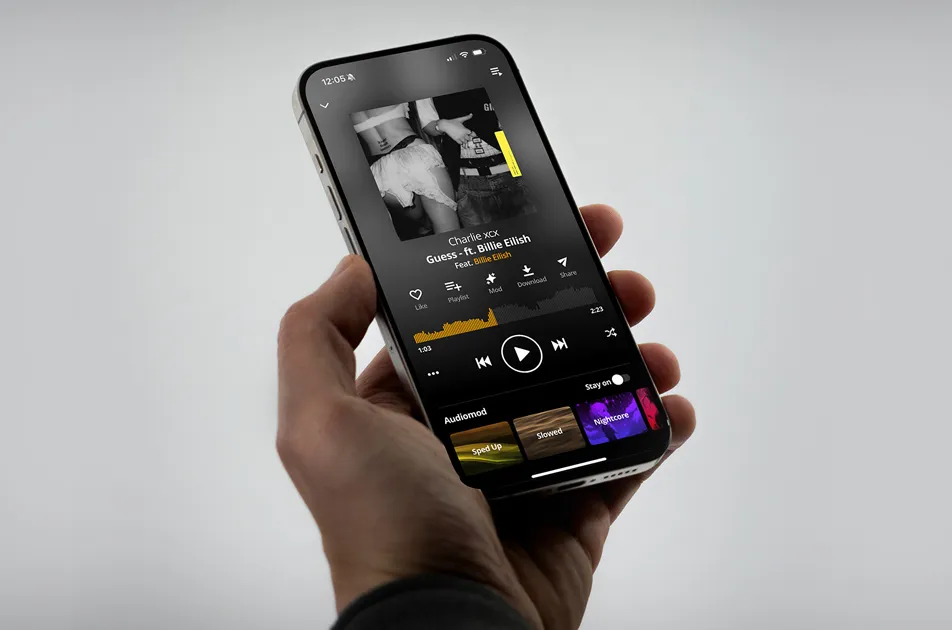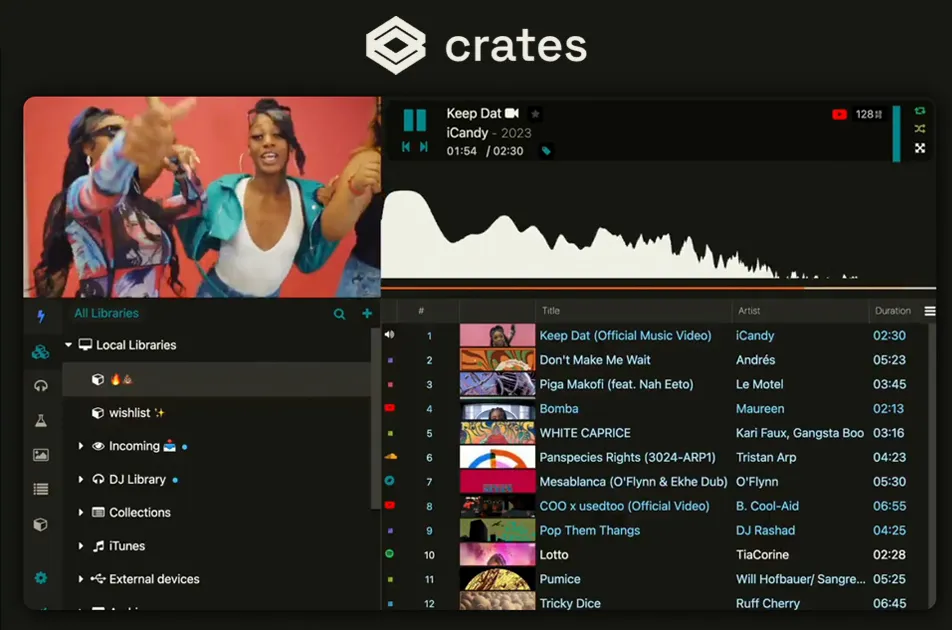_____________________________
Guest Post by Jesse Sterling Harrison on the Sonicbids BlogMusicians, by definition, are entrepreneurs. At least most of us work for ourselves making things up, to some extent, as we go. This gives us organizational challenges that don’t exist in a typical day job. It’s easy to stay organized when punching the clock. You go to the same place at the same time every day, following set procedures, usually with a boss looking over your shoulder to catch your mistakes. But in your band, you're that boss. To control the chaos and keep track of your shows, your supplies, and your finances, you need all the help you can get. Here are five habits that help a lot.1. Develop a routine
If you have a day job, whether it's on a riverboat casino or a retail store, your shift probably starts with some sort of prep work and ends with cleaning and closing. It's likely the same routine each day, and you'll soon be able to do it in your sleep. Your music career needs the same sort of familiarity and focus.Sit down with a computer or smartphone. Check and update your social media. Return your phone calls and cold-call venues. Send out your music. Getting a routine started will ensure that your contacts and accounts stay fresh, and will keep you in the groove of booking, playing, and getting paid.2. Use a shared calendar app
The more people you have in your band, the more commitments your group has to juggle. At least one of your bandmates is probably playing with more than one band. It would be nice if you could just book a show and tell your bandmates about it, but that’s not reality. Calling everybody to check their availability for a show or tour is not practical. But what is practical is a shared calendar application, via smartphones or email, that makes everyone’s commitments visible.Your band should choose one and get in the habit of applying it daily. Everything should go in. If your drummer has dinner with Grandma every Thursday night or pulls a shift at the bowling alley on Sunday afternoons, those commitments should be logged in so you don’t book over them. These apps can save tons of time and grief and keep you all on the same page.3. Keep a little black book4. Start a profit-and-loss spreadsheet
Working with spreadsheet programs seems dull if you haven’t tried it. It’s actually kind of fun…and it’s critically important to see when and how your band is making and losing money. With spreadsheets, you can log your earnings and itemize your expenses according to who paid for what. Then you can set the spreadsheet to automatically sum up the numbers, over weeks or months. This way, you’ll have a strong concept of what it really costs to play music, so you’ll be less likely to underbid on gigs or accept just a tip jar for a show you have to travel to.Moreover, someone in your band should be claiming all those expenses on a tax return. You’ll get a good deal of your money back. You can log your mileage to shows in here, too; the IRS adjusts refunds accordingly.5. Pack a gig emergency kitRelated articles







